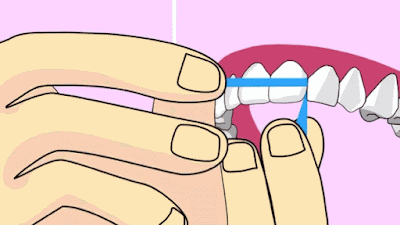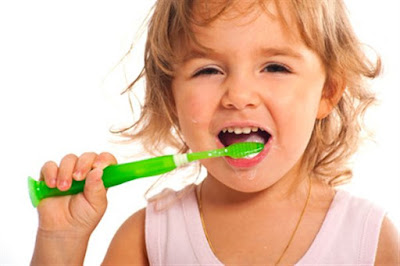Also read:
Summary
- Why Is Oral Hygiene Important?
- Book an Appointment Today
- 1. Brush Your Teeth Correctly
- 2. Use Dental Floss
- 3. Follow Up with Mouthwash
- 4. Eat a Healthy Diet
- 5. Drink Plenty of Water
- Mistakes to Avoid
- Dentist Visits
- Specific Dental Treatments
- Oral Hygiene for Children
- Conclusion
Why Is Oral Hygiene Important?
Taking care of your mouth is an investment in your overall health. Neglecting oral hygiene can cause pain, infections, and even disrupt digestion.
Risks of Poor Oral Hygiene
- Cavities: Bacteria attack the enamel and create holes.
- Bad Breath: Bacterial buildup causes an unpleasant odor.
- Gum Disease: Gingivitis and periodontitis can lead to tooth loss.
- Infections: An infected tooth may cause fever and intense pain.
Book an Appointment Today
For more information, contact us via WhatsApp:

1. Brush Your Teeth Correctly
- Brush at least twice a day.
- Use a soft-bristled toothbrush to protect your gums.
- Choose a fluoride toothpaste to strengthen your enamel.
- Brush for about two minutes for optimal cleaning.
- Don’t forget to clean your tongue to remove bacteria.
2. Use Dental Floss
Flossing removes food particles stuck between your teeth. Use it daily, preferably at night.
3. Follow Up with Mouthwash
Rinse with an antiseptic mouthwash. It kills leftover bacteria and freshens your breath.
4. Eat a Healthy Diet
- Limit sugar: Sugary foods like sodas, candies, and pastries promote cavities.
- Choose calcium-rich foods: Milk, cheese, and almonds strengthen your teeth.
- Opt for crunchy fruits and vegetables: Apples and carrots naturally clean your teeth.
5. Drink Plenty of Water
Regular water intake helps wash away food particles and reduces acidity in your mouth.
Mistakes to Avoid
- Brushing too hard: Excessive pressure wears down enamel and irritates gums.
- Brushing immediately after meals: Wait about 30 minutes after an acidic meal.
- Using a worn toothbrush: Replace your toothbrush every three months.
- Neglecting your tongue: Clean your tongue to limit bacterial growth.
- Smoking: Tobacco stains your teeth and promotes gum problems.
Dentist Visits
Why Visit a Dentist?
- Get a deep cleaning and remove tartar.
- Detect cavities early.
- Receive personalized advice for optimal oral care.
Frequency of Visits
It is recommended to see a dentist once or twice a year, even if you feel no pain!
Specific Dental Treatments
- Scaling: Removes tartar and preserves gum health.
- Teeth Whitening: Restores your smile’s natural brightness.
- Prosthetics and Implants: Custom solutions to replace missing teeth.
Oral Hygiene for Children
1. When to Start?
Begin gentle cleaning as soon as the first tooth appears to build good habits.
2. How to Build Good Habits?
- Teach children the proper brushing technique.
- Choose a toothbrush that fits their age.
- Limit sugary snacks.
- Encourage drinking water after meals.
3. The First Dental Visit
Schedule the first visit before age 5 and follow up annually.
Conclusion
Maintaining strict oral hygiene prevents many issues and keeps your smile bright for life. By following good practices—regular brushing, flossing, eating a balanced diet, and visiting your dentist regularly—you invest in your overall health and the health of your mouth.










0 Comments